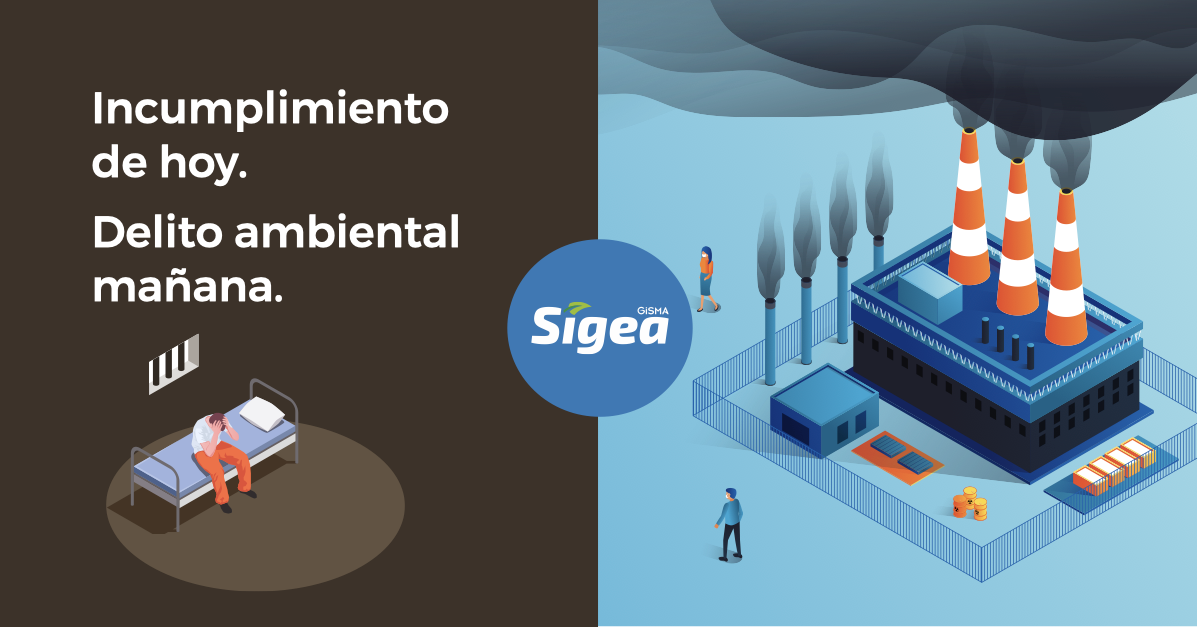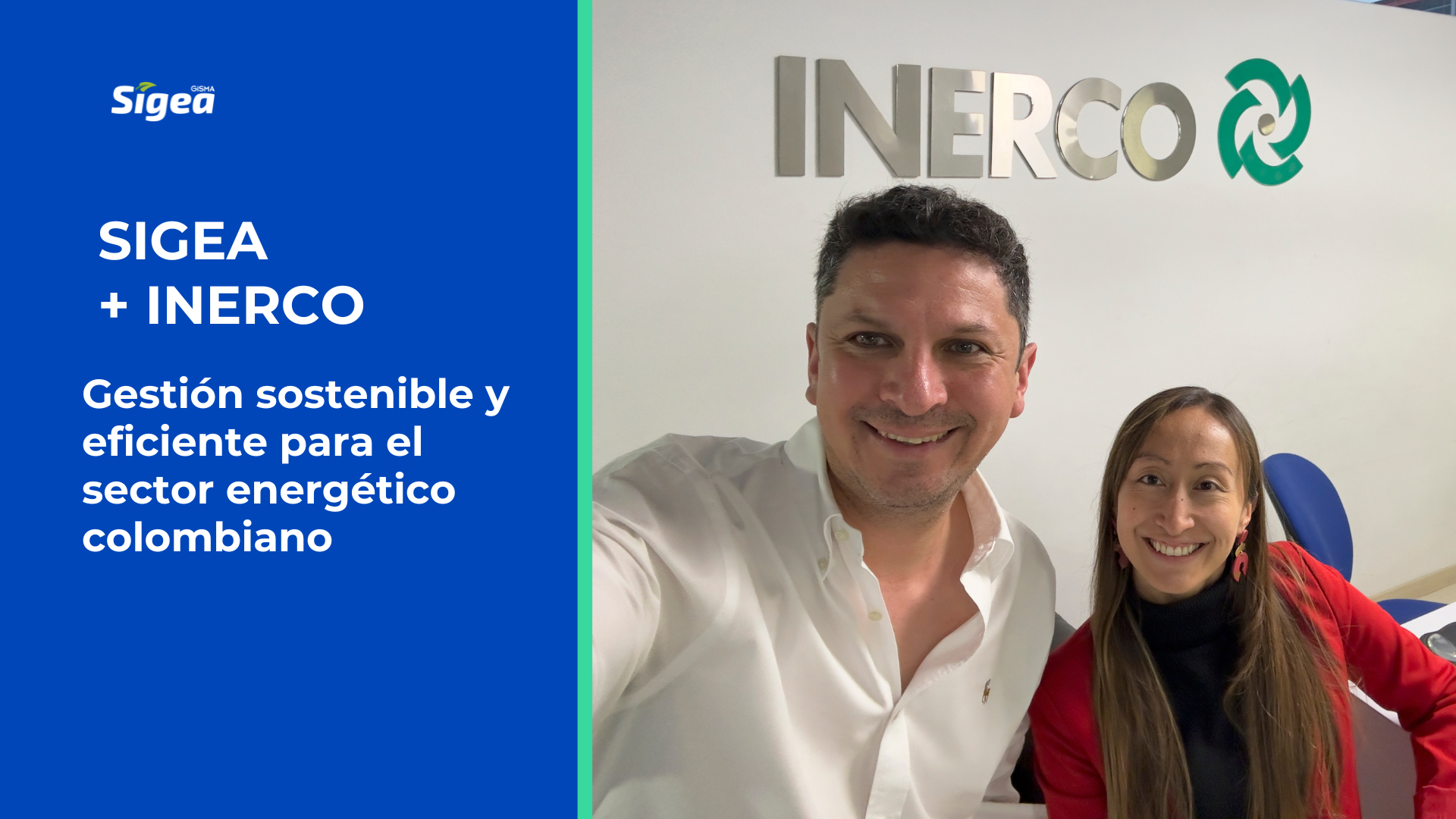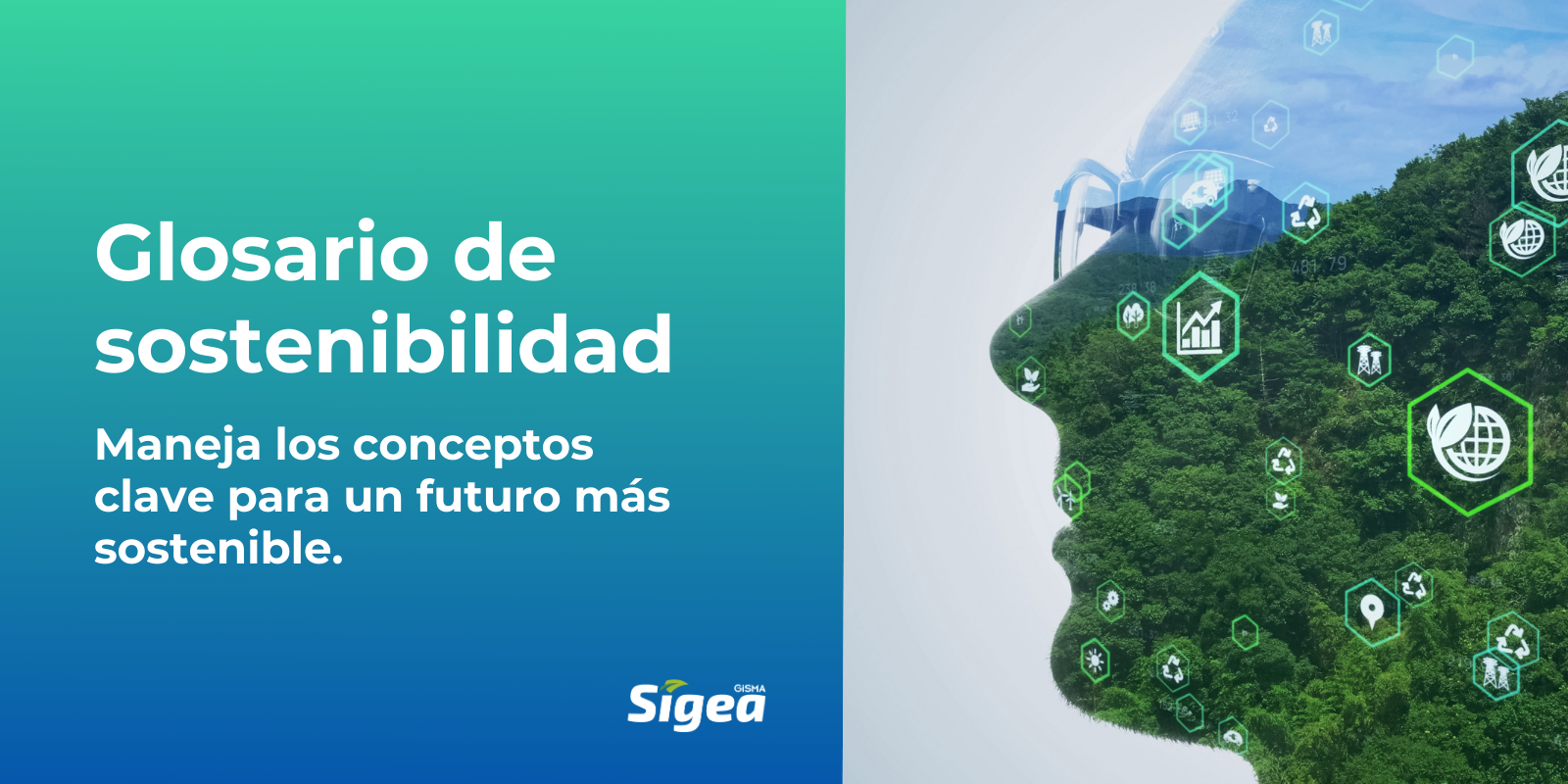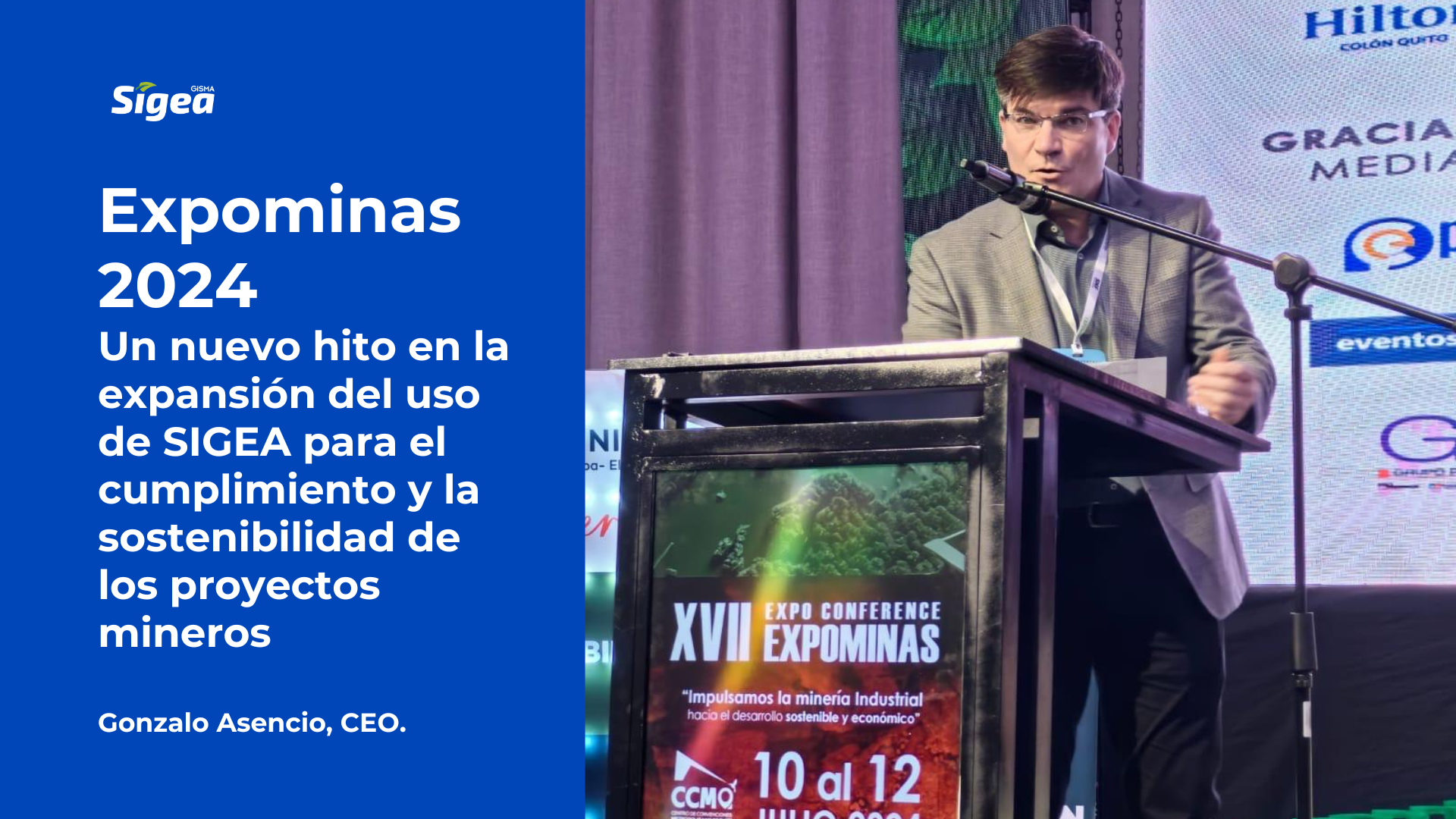Compliance, a concept that seems simple, intuitive, obvious; however, it is not for nothing a matter of concern when talking about it in the field of environmental management, especially when it comes to large projects.
It is understood that non-compliance risks high fines and even work stoppages, being a top management issue due to the corporate risk involved. But after pushing the economic burden on a business to the limit, what is the next step in the escalation of deterrents to the offender?
In the event of non-compliance with environmental commitments, there is a risk of personal impr isonment and this should happen soon, given the moment of social empowerment we are living in, where there is an urgency to take extreme coercive measures to control ecological damage.
In Chile there is still no environmental crime as such; however, there are several sectorial norms that contemplate criminal sanctions, The issue has advanced in Congress through the consolidated bill that “Systematizes economic crimes and attacks against the environment, modifies various legal bodies that typify crimes against the socioeconomic order, and adjusts the penalties applicable to all of them”.
In the June bulletin of this project, it is specified that with regard to environmental offenses “there will be liability of both the legal entity and the natural persons, a matter that does not exist today”. The penalties range from 61 days to 10 years imprisonment or reclusion in some cases.
This should move forward quickly, especially considering that it is still necessary to comply with the requirements demanded by the OECD to accept Chile as a full member and that in 2016 it emphasized that, unlike most of its member countries, Chile does not apply criminal sanctions for environmental crimes and that the Superintendency of the Environment has a very limited capacity for action.
For this reason, controlling the risks of environmental non-compliance is one of the fundamental requirements of corporate sustainability management. This relevance, in good time, will continue to increase and will lead us to a paradigm shift.
But while the local bill has not yet been passed, it is necessary to look at the international experience to prepare for a new legal framework that is comparable to countries such as Spain, where, for example, it is specified that there will be a prison sentence of one or two years for “those who in the collection, transport, recovery, disposal or use of waste, including the omission of the duties of supervision over such procedures, seriously endanger the life, integrity or health of persons, or the quality of the air, soil or water, or animals or plants”, something that is not yet punishable in our country.
The same example from Spain shows the requirements for exempting a legal entity from liability, such as the implementation of adequate financial resource management models to prevent the commission of crimes that must be prevented; the obligation to report possible risks and non-compliance to the body responsible for monitoring the operation and compliance with the prevention model; and the establishment of a disciplinary system that adequately punishes non-compliance with the measures established in the model.
It is clear that it is necessary to adopt from now on a model that tends to prevent not only unforeseen events, but also those that could be considered a criminal act due to negligence or irresponsibility. It is key to identify – prioritize – manage and report the adequate compliance with the regulatory framework applicable to a project, site or corporation.
At Sigea, we believe that the first step in securing a business and making it sustainable is to comply correctly with the permits and to carry out a Environmental Compliance Management that is not reactive, but rather anticipates probable scenarios, calculates management times for each process, manages fresh data and assigns responsible parties to each detail, all within a simple and easy-to-use platform for executives and workers.
Today, we have at our disposal technological tools that facilitate and complement this task, such as continuous monitoring with IOT continuous monitoring with IOT (Internet of Things), which allows us to process Big Data in real time to make better decisions in a timely manner, in addition to delivering reports directly to the relevant authority.
This means improving timeframes, better compliance with the approved RCA and greater risk control, which is ultimately reflected in a more efficient and effective management of risks. Impeccable reportability, with clear documents, which help to improve the overall functioning of the work teams, while complying with current and future regulations.
Companies that are currently undergoing sanctioning processes can still improve their processes, instead of continuing to suffer the impacts of poor management, which are not only an economic burden, but also a deterioration of their image, probabilities of losing concessions and, in the not too distant future, with executives being prosecuted for environmental crimes that are totally avoidable.
Sources:
Title Memory: “STUDY OF ENVIRONMENTAL CRIME IN CHILE, SCENARIOS AND RECOMMENDATIONS TO THE PRIVATE SECTOR IN THE EVENT OF ITS POSSIBLE TYPIFICATION”. Tapia Toro, Boris. Santiago, Chile, 2015
https://www.camara.cl/verDoc.aspx?prmID=62022&prmTipo=INFORME_COMISION



